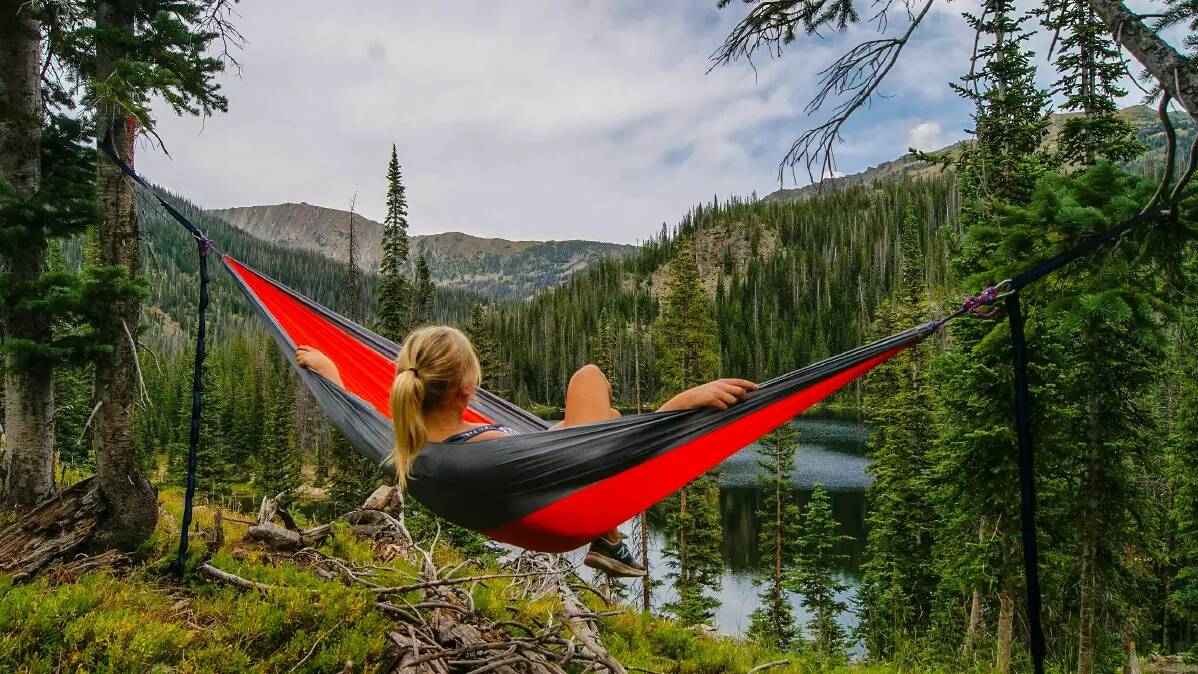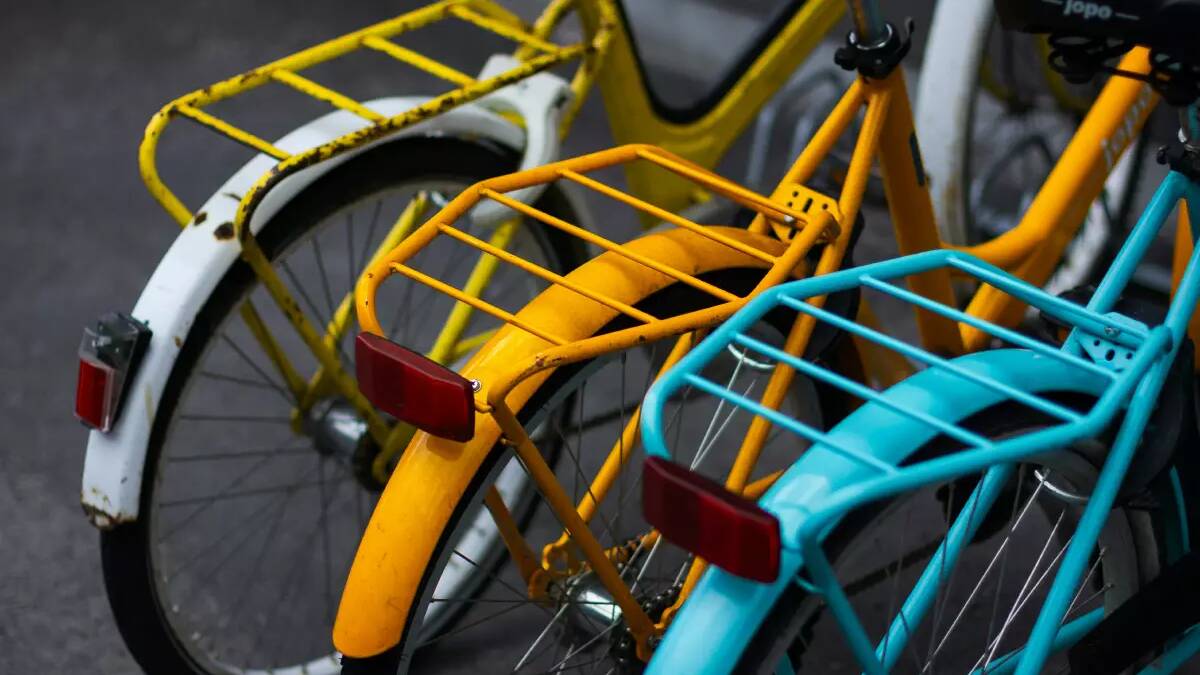
You've probably noticed when you buy an airline ticket you sometimes have the option to offset your carbon emissions, but did you know there are simpler ways to reduce a carbon footprint when you travel?
Subscribe now for unlimited access.
or signup to continue reading
See subscription optionsBut first, what does carbon offsetting mean?
Sustainable Travel International's Kaitlyn Brajcich says once you work out how much carbon you have emitted through your trip, you could purchase carbon offsets to compensate for these emissions (you can do both at sustainabletravel.org).
"The money that you pay for carbon offsets gets invested into different types of projects around the world that are either reducing or removing carbon from the atmosphere," says Brajcich, who is senior manager, communications and training. These could be projects that are helping to establish clean energy infrastructure such as a wind farm, or protecting an important forest ecosystem.
But reducing your travel emissions could be done in various other preventative ways. The big one is the number of flights you take. Aircraft emit a lot of carbon and the fewer flights you take to reach your destination, the better. "You can use Google Flights to actually compare the carbon emissions of different routes and flights," Brajcich says.
Australian National University associate professor in management Birgit Muskat recommends carrying less luggage, because a lighter plane uses less fuel.
When you arrive at your destination, try tapping into the "slow travel" trend and spending longer in one place instead of visiting another destination. And just because someone else is paying your electricity and water bills at the hotel, it doesn't mean you should leave the air conditioning on.
At your destination, think about the food waste you're producing - it would be better to eat at a local restaurant than grab takeaway in plastic packaging. And bring your own refillable water bottle to cut down on plastic waste. Taking public transport or walking instead of taking a taxi is another positive choice you can make.

Ecotourism Australia chief executive officer Elissa Keenan recommends booking with tourism operators certified by credible sustainability programs (you can find Ecotourism Australia's list at greentravelguide.org). "Stay at hotels, lodges, or parks that prioritise energy efficiency, waste reduction and water conservation as a standard part of their offering," Keenan says.
Choose to book through accommodation websites that highlight certified sustainable accommodation operators, such as Booking.com. Similarly, look for tourism operators "who are giving back as part of their activities", such as those that support local conservation efforts or environmental initiatives, says Keenan.

